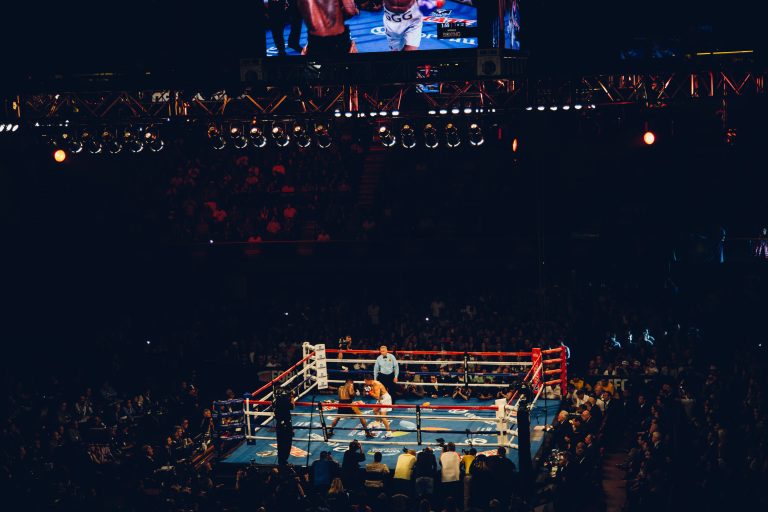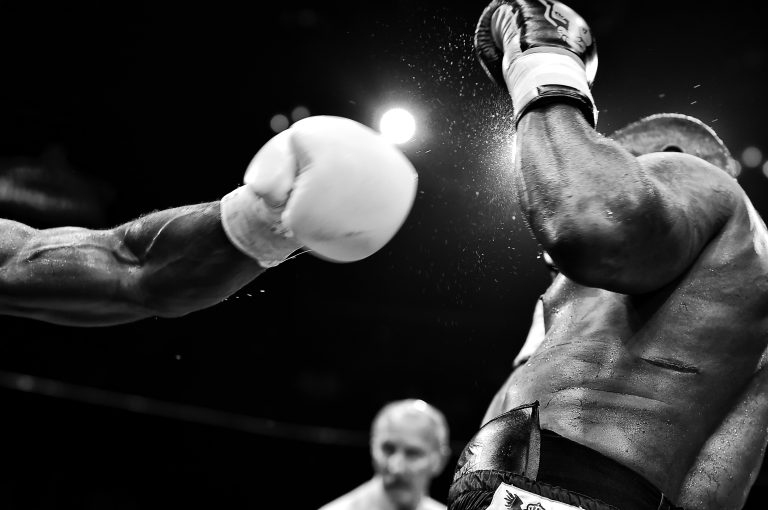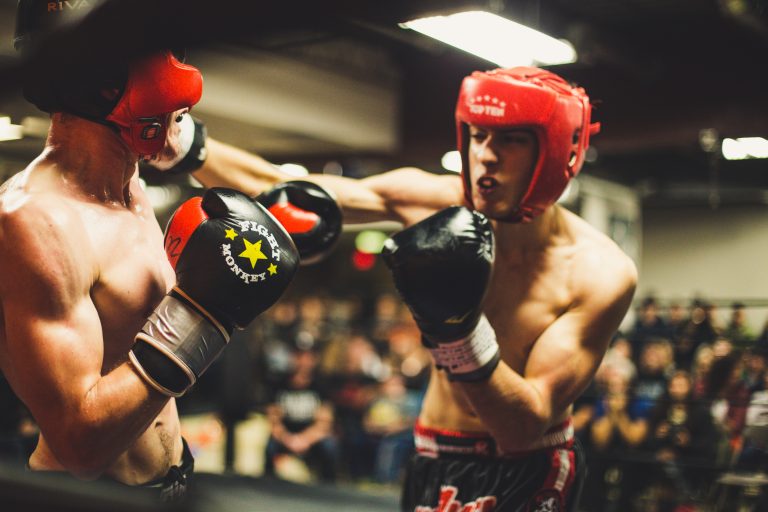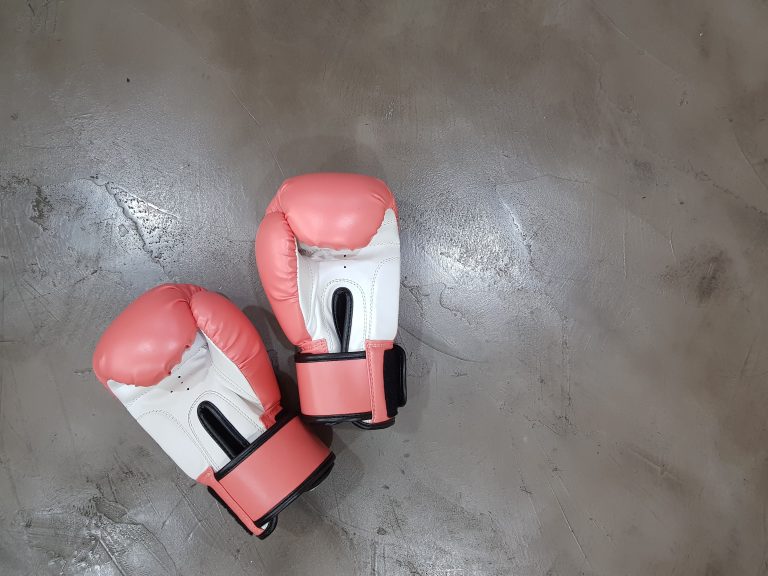Overcome Mental Blockages in Karate: Strategies for Success
Mental blockages can be one of the biggest challenges for karate practitioners. These blockages can hinder performance and prevent improvement, ultimately leading to frustration and disappointment. In this article, we’ll explore strategies to help overcome mental blockages in karate.
Understanding Mental Blockages
Mental blockages are barriers that prevent individuals from performing at their best level. These obstacles can be caused by various factors such as anxiety, stress, lack of focus, and self-doubt. Mental blockages can cripple and prevent a karate practitioner from achieving their goals. However, it’s critical to acknowledge that everyone experiences mental blockages at some phase of their lives.
Ways to Overcome Mental Blockages in Karate
Below are some effective strategies to overcome mental blockages in karate:
1. Meditate
Meditation is a significant means of centering and clearing the mind of distractions. It helps gain focus, improve concentration, and reduce anxiety. This can help in combating mental blockages while practicing karate.
2. Visualization
Visualization is a technique that can assist in practicing karate techniques without even hitting the gym. The idea behind visualization is to recreate the perfect stance, kick, or punch mentally. A karate practitioner can picture themselves in a perfect form to promote muscle memory, thus reducing mental blockages during training sessions.
3. Positive Affirmation
Positive affirmation is believing in oneself and promoting positive qualities and ideas. Practicing positive affirmation helps eliminate self-doubt and anxiety which reduces mental blockages. Instead of harboring negative thoughts, think positively about accomplishing your goals.
4. Take a Break
Taking a break is an excellent technique to overcome mental blockages in karate. Practicing karate and training sessions require significant stamina, and overexertion can cause mental exhaustion. Taking a break allows time for recharging, regaining focus, and energy, enabling you to continue training.
5. Focus On the Present
Karate practitioners should concentrate on the present moment, not the past or the future. Focusing on the present keeps the mind in the current task, allowing it to achieve optimal performance. Abandoning worries and fears can aid in avoiding mental blockages.
Conclusion
Mental blockages can be frustrating; however, they are normal and inevitable. It’s, therefore, vital to understand the strategies that we can employ to cope with mental obstacles during karate training. These strategies, combined with consistent training, can break down the mental barriers and succeed in karate endeavors. By incorporating the strategies mentioned above, karate enthusiasts can free themselves from mental blockages and improve their chances of success.
Overcoming Mental Blockages in Karate: Strategies for Success – FAQs
Karate is a martial art form that requires a lot of discipline, focus, and patience. It is not just about physical strength but also about mental toughness. Karate training aims to develop both physical and mental skills, enabling its practitioners to become better individuals.
Mental blockages can hinder your progress in Karate. They could manifest as fear, anxiety, or the inability to concentrate. In this post, we will answer some of the most frequently asked questions about overcoming mental blockages in Karate.
Q1. What are mental blockages in Karate?
Mental blockages are unconscious and irrational barriers that negatively affect the performance of a Karateka. These blockages are often rooted in fear or anxiety, making it difficult for the practitioner to execute techniques effectively.
Some common mental blockages in Karate include fear of failure or injury, lack of self-confidence, and difficulty focusing on the task at hand.
Q2. Why is it important to overcome mental blockages in Karate?
Mental blockages can drastically impede your progress in Karate. If left unaddressed, they can cause you to underperform, become discouraged, or even give up on the practice altogether.
It is essential to overcome mental blockages to realize your full potential in Karate. By doing so, you can improve your skills, gain confidence, and achieve greater accomplishments in your practice.
Q3. What are some strategies for overcoming mental blockages in Karate?
The following are some effective strategies for overcoming mental blockages in Karate:
a. Visualization
Visualization is a powerful technique that can help you overcome mental blockages in Karate. It involves imagining yourself successfully performing a particular technique or movement repeatedly.
By repeatedly visualizing success, you can help build confidence and reduce anxiety associated with specific techniques or movements. Visualization is particularly useful for Karatekas who struggle with fear or anxiety.
b. Breathing exercises
Breathing exercises are another effective technique for overcoming mental blockages in Karate. They can help calm the mind and reduce anxiety, enabling you to focus more effectively on the task at hand.
Deep breathing exercises can help regulate the nervous system, reduce stress levels, and promote relaxation. By incorporating them into your Karate practice, you can build greater mental resilience and overcome mental blockages effectively.
c. Positive self-talk
Positive self-talk involves deliberately replacing negative thoughts with positive ones. This technique can help build self-confidence and help you overcome fear or anxiety effectively.
By speaking positively to yourself, you can overcome self-doubt and develop greater resilience in the face of difficulties. Positive self-talk is particularly useful for Karatekas who struggle with self-esteem issues.
Q4. How can a Karate instructor help students overcome mental blockages?
Karate instructors can help students overcome mental blockages by:
a. Identifying mental blockages
The first step in helping students overcome mental blockages is identifying them. Karate instructors must be observant and attuned to the behavior of their students to spot signs of mental blockages.
b. Providing support and encouragement
Karate instructors can help students overcome mental blockages by providing encouragement and support. By creating a positive and safe learning environment, instructors can help students overcome fear and anxiety and build self-confidence.
c. Offering tailored training
Karate instructors can also help students overcome mental blockages by offering tailored training. By identifying the specific areas of difficulty, instructors can create focused training programs that help students overcome their mental blockages effectively.
Q5. How long does it take to overcome mental blockages in Karate?
The time it takes to overcome mental blockages in Karate varies from student to student. It depends on factors such as the severity of the blockage, the student’s level of motivation, and their ability to implement the strategies effectively.
However, with persistent practice and the right strategies, most students can overcome their mental blockages in a matter of weeks or months.
Q6. Can mental blockages reoccur after being overcome?
Yes, mental blockages can recur even after being overcome. This is because they are deeply ingrained and unconscious barriers that can resurface periodically.
To prevent mental blockages from recurring, it is essential to continue incorporating effective techniques into your Karate practice. It is also helpful to remain mindful of your thoughts and emotions, regularly practicing visualization, breathing exercises, and positive self-talk.
Conclusion
Overcoming mental blockages is vital to unlock your full potential in Karate. By using effective strategies such as visualization, breathing exercises, and positive self-talk, you can overcome fear, anxiety, and self-doubt effectively.
Karate instructors can play a critical role in helping students overcome mental blockages by identifying them, providing support and encouragement, and creating tailored training programs.
Although mental blockages can recur, with persistent practice and the right strategies, they can be overcome effectively. By incorporating these strategies into your Karate practice, you can develop greater mental toughness, build self-confidence, and achieve greater success in your practice.
Inhaltsverzeichnis






